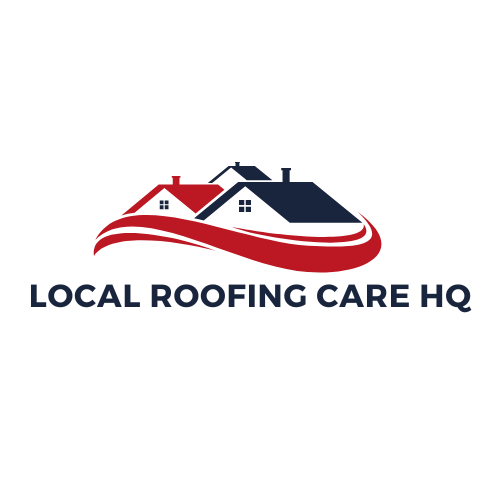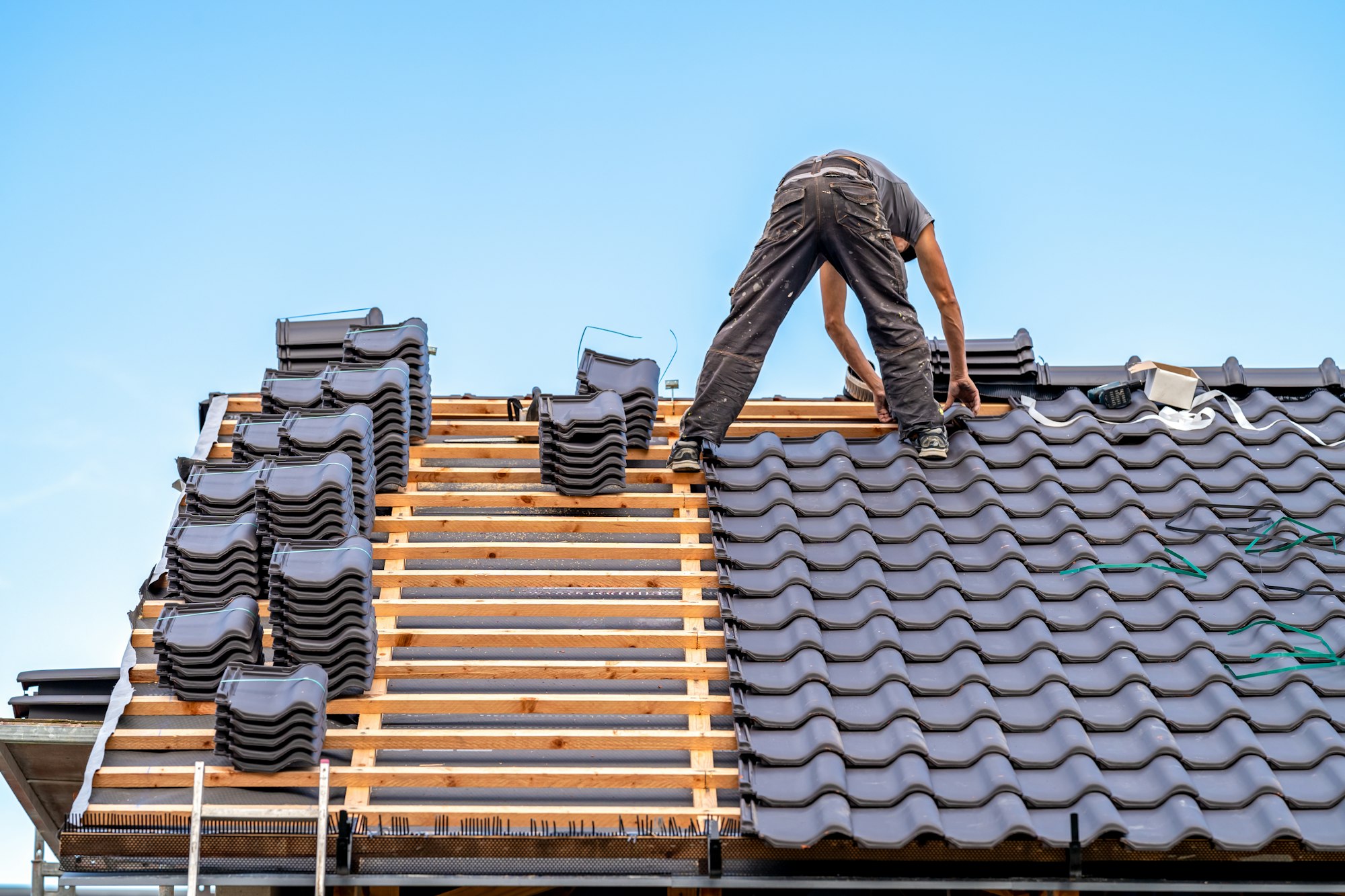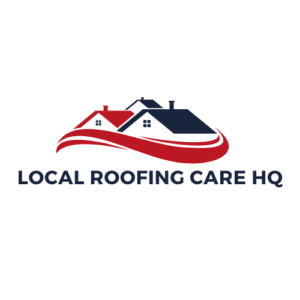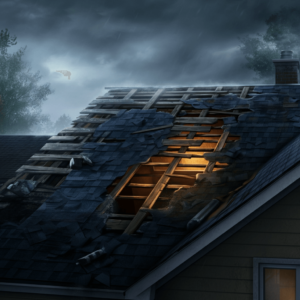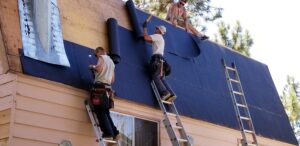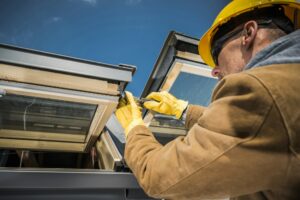Introduction
Roof trusses are foundational elements in modern construction, playing a pivotal role in supporting your roof’s structure. For homeowners and builders alike, understanding the intricacies of roof truss costs is essential for making informed financial decisions. This guide will dive deep into the factors affecting truss costs, the types available, and additional considerations that can influence the final price.
Table of Contents
What Are Roof Trusses?
Roof trusses are pre-fabricated triangular units that support the weight of the roof and distribute it evenly across the walls. Unlike traditional rafters, trusses offer enhanced stability and can be customized to accommodate various architectural designs. They are favored for their efficiency and ability to span long distances without internal support. For more insights on roofing terminology, consider exploring our guide on Understanding Roofing Terminology.
Factors Affecting Roof Truss Costs
Size and Span
The dimensions of your roof trusses, including their size and span, significantly impact overall costs. Larger spans require more materials and may demand stronger components, thus increasing the price.
Labor and Installation
Regional variations in labor costs can affect installation expenses. In urban areas, where labor charges are higher, you might face increased costs. Installation complexity, such as working on steep roofs, also plays a role.
Design Complexity
Custom designs that require unique truss shapes or configurations can add to the cost. Architectural requirements often dictate these complexities, making it crucial to plan according to your specific needs.
Local Building Codes
Building codes vary by location and can influence the types of materials and designs permissible for your project. Adhering to these regulations may affect both material choice and cost.
Types of Roof Trusses and Their Costs
Common Types
- Attic Trusses: Popular for providing additional attic space. Costs range from $100 to $400 per truss.
- Scissor Trusses: Ideal for creating vaulted ceilings, priced between $120 and $500.
- Gable Trusses: Commonly used as end caps, costing $80 to $800.
- Flat Trusses: Best for flat roofs, with costs from $75 to $250.
Cost Comparison
Each truss type has distinct applications and cost implications. Choosing the right type depends on your architectural needs and budget considerations.
Material Choices for Roof Trusses
Wood vs. Steel
Wood trusses, ranging from $60 to $500, are favored for residential projects due to their affordability and versatility. However, they are susceptible to weather damage. Steel trusses, costing $150 to $700, offer higher durability and are often used in commercial settings, though they come at a premium.
Innovative Materials
Emerging materials, such as engineered wood or composite trusses, offer potential cost and performance benefits. Staying updated on these trends can inform future roofing projects.
Additional Cost Considerations
Equipment and Tools
Installation might require renting cranes or scaffolding, adding $200 to $700 to daily expenses. If contractors own the necessary equipment, these costs might be reduced.
Waste and Disposal Fees
Managing construction waste is another expense, with removal fees ranging from $4 to $5 per square foot. This is especially pertinent for full roof replacements.
Weather and Weight Load
In regions with high snowfall or strong winds, additional or sturdier trusses may be necessary, potentially increasing costs by 25%.
Frequently Asked Questions
What is the average lifespan of roof trusses?
Roof trusses typically last between 50 to 100 years, depending on maintenance and environmental conditions.
How to maintain roof trusses to extend their longevity?
Regular inspections and prompt repairs of any damage can prolong their lifespan. Ensure proper ventilation and moisture control in the attic.
What are the signs that a roof truss needs replacement?
Signs include visible sagging, cracking noises, or moisture damage. Consulting a professional for an inspection can confirm the need for replacement.
Conclusion
Roof trusses are a critical component of any roofing system, offering support and stability. By understanding the factors influencing their cost and functionality, you can make well-informed decisions for your roofing project. For further guidance on choosing materials, check our article on Choosing the Right Roofing Materials, and when ready, explore our tips on Hiring the Right Roofing Contractor.
